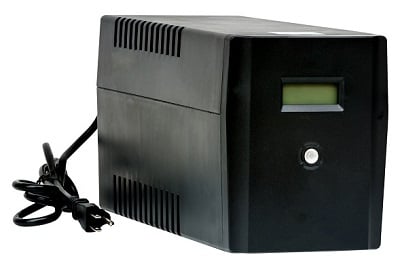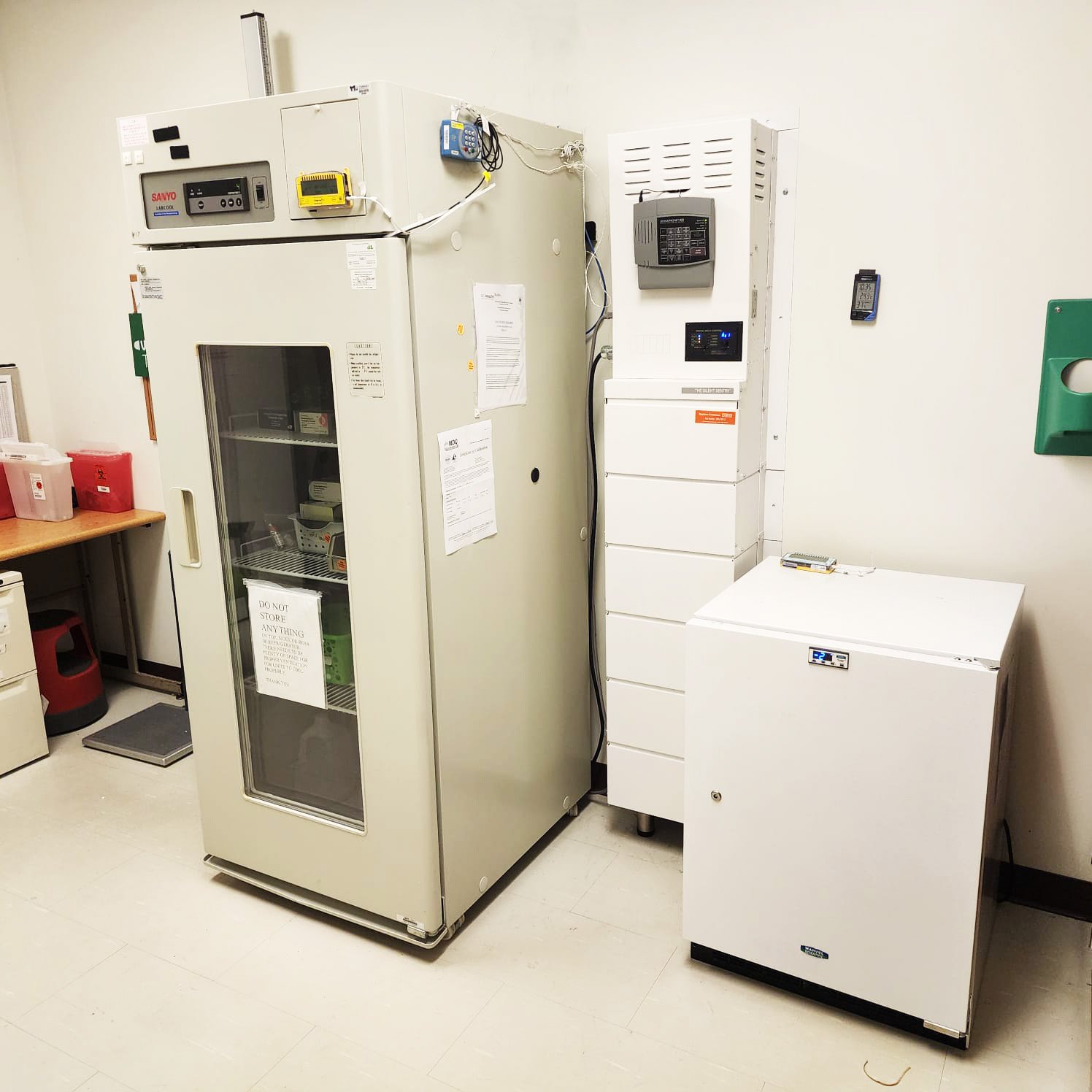We would like to hear from you
Contact Us!
Our sales and technical support staff are available 8-5 EST, Mon-Fri
Although they might seem similar, a regular uninterruptible power supply (UPS) you find online or at a big store differs from a true medical-grade battery backup system. Both use batteries to keep your equipment running, but the types of batteries, their storage capacities, power output, and overall value are very different. Here’s a breakdown of the features of each:

Small, cheap UPS systems and "standby generators" from big-box stores might look like a good deal, but they aren't very useful for serious needs. These consumer-grade UPS systems may not have enough power or battery life to keep important equipment running for a long time.
For example, even the most powerful UPS from a big store might barely start some appliances and will only run them for a short time. In contrast, the smallest and most affordable battery generator from Medi Products lasts much longer and provides more power for the money. So, despite their low price, these store-bought options are often a poor choice compared to better solutions.

In short, leave consumer-grade products to power things like TVs and computers, which won’t affect patient care.
Battery backup power is becoming more popular in medical and lab settings to keep things running during power outages. Although these systems cost more upfront than other options, they offer great long-term and short-term value.
Many battery backup units are easy to use—they can be plugged in and used right away without needing installation or permits. They can also be set up to work with your building’s circuits. Unlike gas generators, batteries don’t produce fumes, so they can be used inside.
Battery backup units are low maintenance because they have no moving parts and mostly use your facility’s electricity to recharge. They also provide instant power, unlike gas generators, which might take up to 15 minutes to start.
The main cost with battery backups is replacing the batteries. Over time, batteries lose their ability to hold a charge and need to be replaced. For example, Medi Products recommends changing the batteries every 4 years, which costs about 20% of the original purchase price.
Batteries can be expanded to meet the needs of your facility, but they aren’t small or lightweight. For very large power needs (over 60 kWh), battery systems might not be as cost-effective due to the space and expense required to accommodate them. However, they still offer the same benefits as smaller units, like instant power delivery and no wear and tear.
If your facility is seeking to provide critical backup power in areas that directly affect physicians' and staff's ability to provide quality care for patients, then using a medical-grade battery backup unit is a no-brainer.
There exists probably no UPS system that would be able to meet the standards set forth by an accrediting body and qualify as a Type 1, Type 2 or Type 3 Essential Electrical System (EES). However, if you need to deploy backup power solutions for digital workstations, administrative computers, or other equipment like that, then a consumer-oriented UPS could be what you seek to use in your facility due to its small size and low price.
Our sales and technical support staff are available 8-5 EST, Mon-Fri